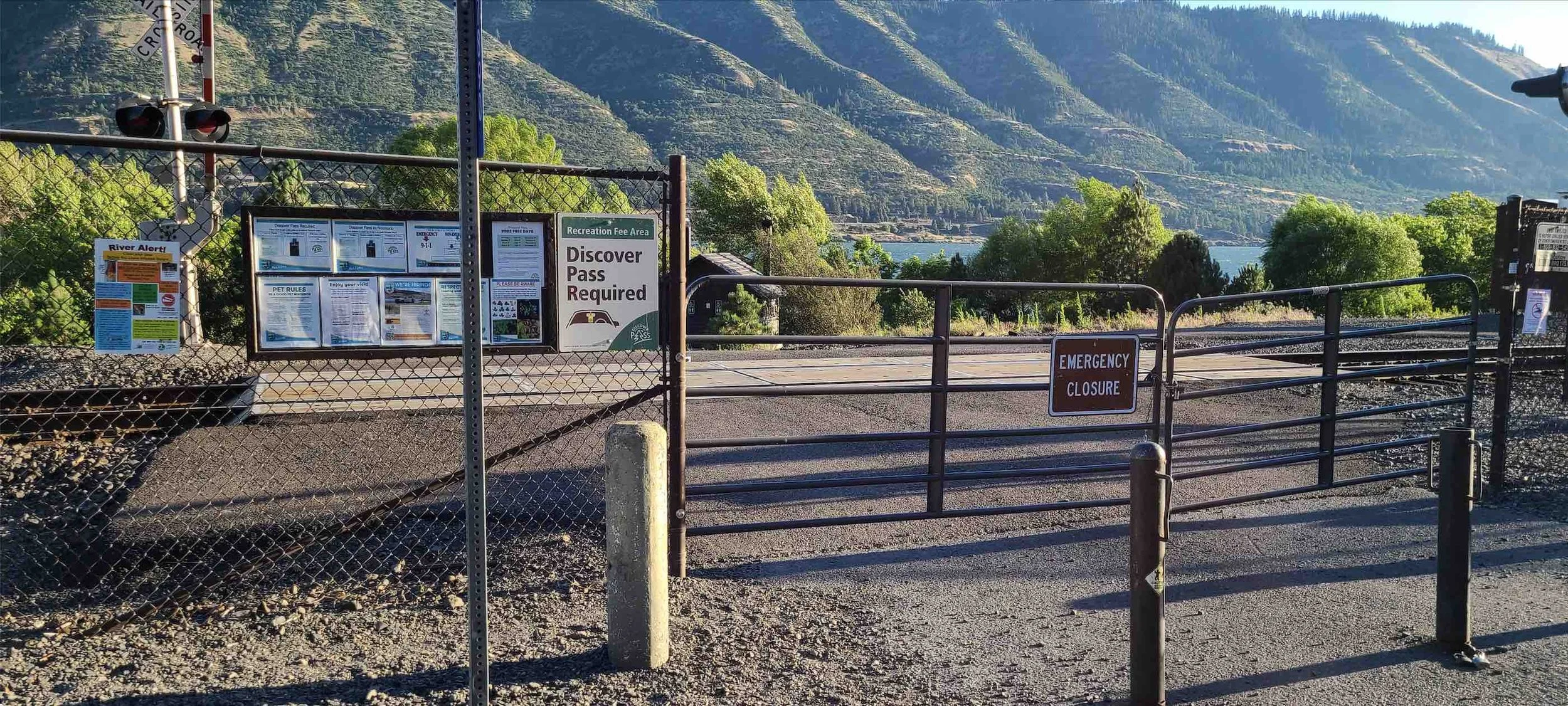Living Undocumented Part 2: The importance of a Social Security Number
Part 2: A local woman’s path to empowerment
The importance of a Social Security Number
Pictured left to right: Sarah, Ruby, Patty, Joshua, and Elijah. Photo Credit: Washington Gorge Action Programs
By Tamara Kaufman
Patty Gallardo’s children mean the world to her. But for over two decades, her status as an undocumented immigrant left her in constant fear of deportation. Add to that stress the fear of potentially being separated from her family.
After Gallardo settled in the Gorge, she made do with what she had available, which wasn’t much. She found support in the region after interacting with Child Protective Services. Some people looked beyond her status and cared, regardless of where she came from or what paperwork she had.
Gallardo’s was now a two-culture family with separate nationalities. She had been born in Mexico, and her children were born here in the United States.
Life was a struggle for Gallardo, even though she had lived in the States since she was eight. She had not finished high school, had difficulty learning English and worked under the table because she did not have a social security number.
Add to the challenges an unhealthy relationship. By 2011 Gallardo decided to leave her husband. She wanted a better life for herself and her kids. She knew she would need assistance to find a better situation.
A friend from working in the orchards told her about Guided Path, an emergency housing shelter in Bingen. Space was available, so she grabbed the kids and some clothing and left everything else behind.
“I had three kids and was working in the fields,” Gallardo said. She didn’t know how she was going to manage. She says she felt vulnerable but was grateful for the community support.
The shelter staff helped her find housing, initially in Hood River. Over time, she relocated and returned to the White Salmon area.
She met someone new, but the family was struggling to get by. They connected with the Food Bank to help make ends meet. They had added a new baby, and Gallardo says she was suffering from postpartum depression.
Then, she learned about DACA (Deferred Action for Childhood Arrivals). This national program protects undocumented immigrants who were brought to the States as children from deportation. Her partner encouraged her to apply. She didn’t think she would qualify, but she wanted to try.
Pictured left to right Joshua, Patty, Ruby, Sarah, and Elijah. Photo Credit: Washington Gorge Action Programs
“I never thought that I was ever going to be able to have a social security number or a work permit,” Gallardo said. But she was approved. It meant better opportunities for her.
“Without the Social (Security Number), I was struggling working two jobs and sometimes didn’t get paid,” Gallardo said. “I just had to take it. I had to provide for my kids. I had to feed my kids.”
Finally, she could apply for a job with benefits and security. It meant she could qualify for things most Americans take for granted, like paid time off and health insurance.
“When you don’t have a Social, you don’t count,” Gallardo said, adding that she felt more “seen” after that. “It meant a lot,” she said. “For me, it meant a new opportunity to succeed in life, to forget all of the bad things I went through. I felt more value in a way, just by having a Social.”
She found her first legitimate job working a night shift with a local manufacturing company. Then she found Work Source, a service that helped her make a resume, and linked her with People for People. The job placement program offered her a day job at the same Food Bank where her family had been helped.
“It made me feel great!” Gallardo said. It was a steady job with benefits, and she now got to support other people in the community. “This is what I want,” she said. “To keep helping people and make a difference in people’s lives the way they made a difference in my life.”
After two or three months, Gallardo made the connection that Washington Gorge Action Programs (WAGAP), which ran the Food Bank, was also the umbrella organization for the Guided Path, where she had briefly stayed when the children were young.
“I found out everything that WAGAP was doing for the community, all of the programs they have,” Gallardo said. “They will help you without judging you. It gives you a little push to help you stand up again and move on.”
Over time, Gallardo has helped in many programs and done a variety of jobs. She has operated a forklift, been a receptionist, managed the Second Hand Rose thrift store, and now is learning to be a human resource assistant.
Receiving her documentation has empowered Gallardo to care for her family. But her journey is far from over.
Stay tuned for Part III: What tomorrow may hold, as the DACA’s future is uncertain…
Click to read Living Undocumented Part 1: One Local Woman’s Path to Empowerment.
Click to read Living Undocumented Part 3: Living With the Uncertainty of DACA.
Support Local News
We need your help to keep the honest local news coming. Please consider subscribing to a monthly donation to help support local journalism.

